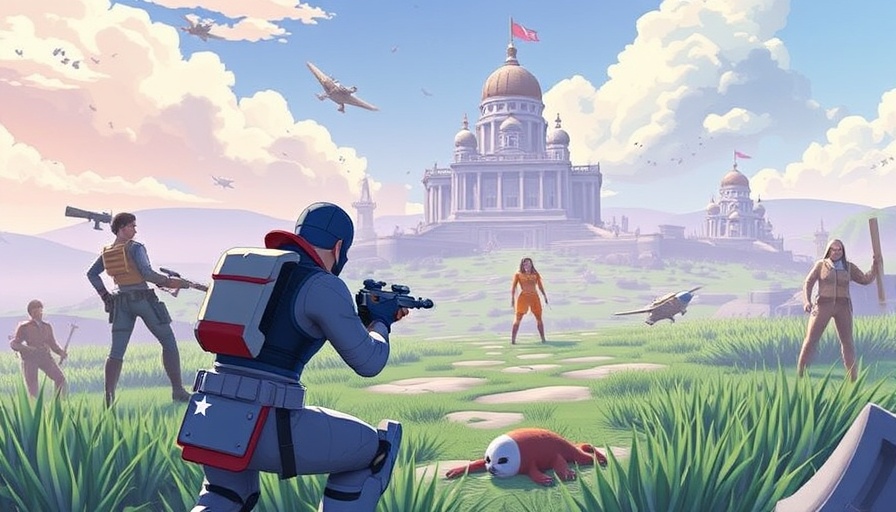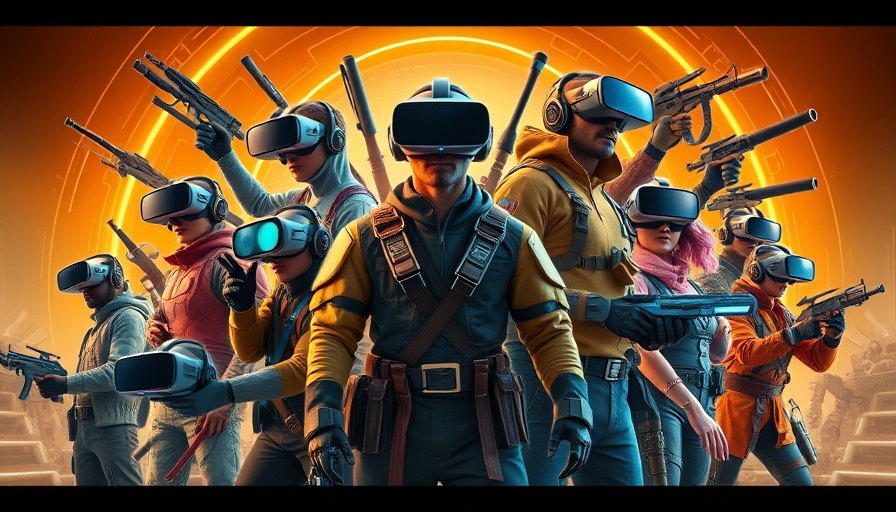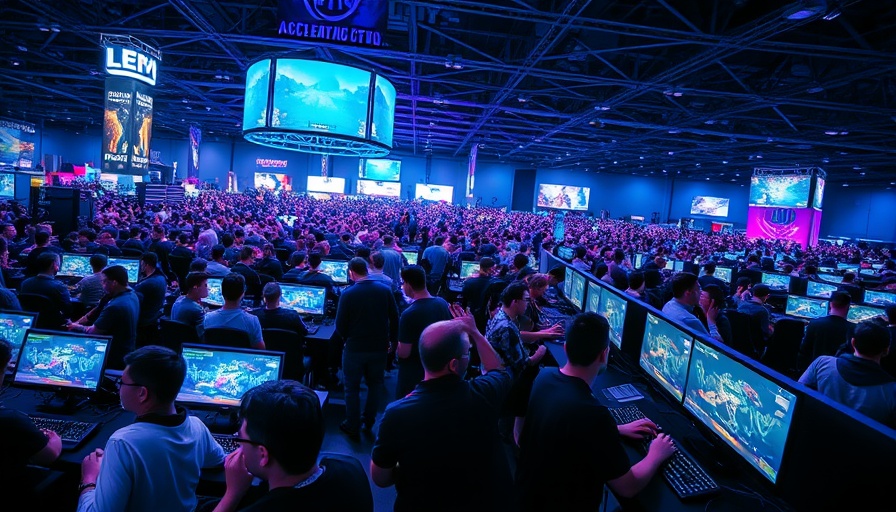
The Rise of the Stop Killing Games Movement
In an unprecedented show of support, over one million gamers have signed the Stop Killing Games petition, an initiative that aims to keep beloved multiplayer games alive by preventing publishers from shutting down their servers. This movement has gained traction partly due to the backing of influential YouTube personalities like PewDiePie and Jacksepticeye, who have urged their followers to stand up for gamers' rights. This highlights a growing concern in the gaming world: what happens to digital content and experiences once the servers are gone?
Understanding the 'Killing' of Games
For seasoned gamers, the phrase "killing games" conjures up feelings of loss and frustration as they recall the moments when online experiences abruptly ended due to a publisher's decision. Each game has its dedicated community, and shutting down servers can lead to a significant emotional impact on players. Many feel cheated when they spend hard-earned money on games, only to see them rendered unplayable.
Parliamentary Debates: What’s at Stake?
The Stop Killing Games movement isn't just about preserving games; it's about embedding consumer protection rights into law. By hitting their target of one million signatures for the EU petition, the movement aims to provoke serious discussion within the UK and EU parliaments. While there's no guarantee that changes in legislation will ensue, the fact that gaming rights can now be debated elevates the conversation regarding digital content ownership. If successful, this could mean a future where publishers are held accountable for the virtual spaces they create.
The Role of Influencers in Activism
Endorsements from major media figures have proven critical in the movement's success. Social media and streaming platforms have transformed the landscape of activism, allowing messages to spread rapidly and engage a wider audience. The power of influencers lies in their ability to mobilize support; when they back a cause, their followers often rally to the call. This phenomenon represents a new form of engagement where gamers—often perceived as isolated in their virtual worlds—unite for a common goal.
Consumer Rights in the Digital Age
The conversation sparked by the Stop Killing Games movement sheds light on a broader issue: the rights of consumers in the increasingly digital-oriented landscape. As purchasing patterns shift towards digital content, players must consider the implications of their purchases. Unlike physical items, digital games can be deactivated at a publisher's discretion. Understanding digital ownership, licensing agreements, and consumer rights has never been more crucial in this era of online gaming.
What Can Gamers Do?
For gamers who want their voices heard, the first step is to speak up even if they are already part of the petition. Beyond signing, they can actively engage in discussions online, share their experiences, and support other movements advocating for consumers in the gaming industry. By fostering a vibrant community that values gaming rights, they can work toward a more sustainable gaming future.
Looking Forward: The Future of Gaming Rights
As the debate makes its way to parliament, gamers everywhere are hoping for a favorable outcome that leads to the establishment of laws that protect digital content rights. Regardless of the outcome, raising awareness about the vulnerabilities of digital ownership is already a significant achievement for the Stop Killing Games initiative.
Ultimately, the momentum gained from the one million signatures pushes the conversation about digital consumer rights straight into the heart of legislative discussions. This movement is not just about saving games; it's about ensuring that the future of digital gaming respects the emotional investment of its community.
As gamers, we are reminded that our voices matter, and collective action can shape the future of the gaming landscape.
If you believe in safeguarding the future of gaming, consider sharing your thoughts and experiences through social media platforms. Engaging with the Stop Killing Games movement can amplify the message and encourage lawmakers to take action.
 Add Row
Add Row  Add
Add 




Write A Comment